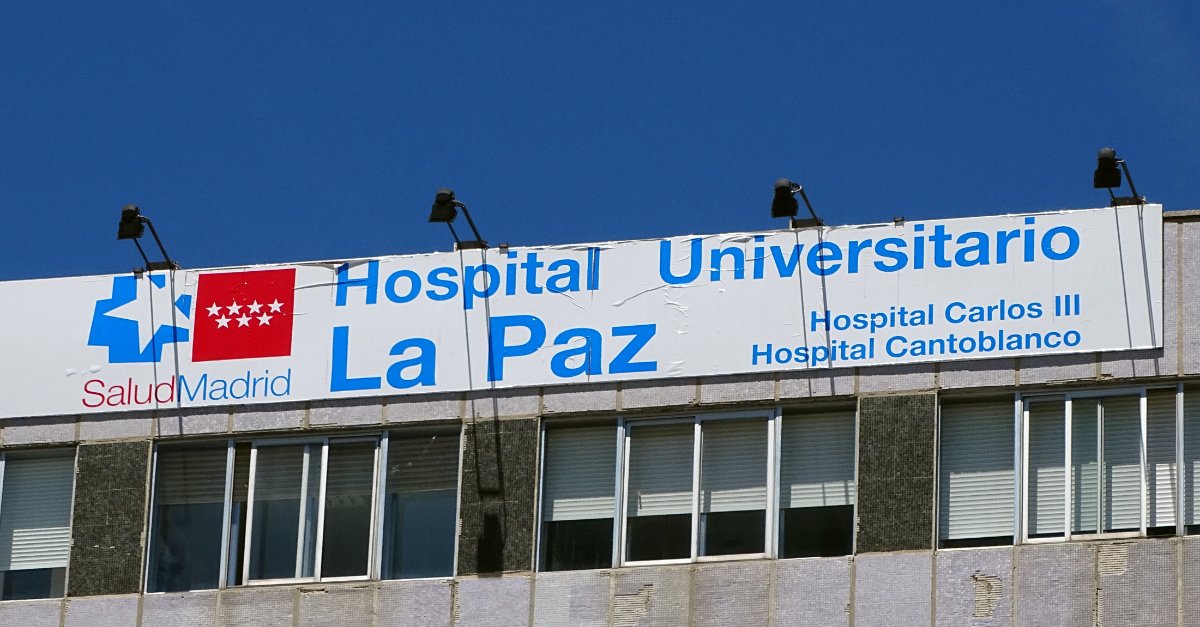The collaboration between the Madrid-based La Paz Hospital, where the 11-year-old patient was treated, and the Hospital Clínic, which develops cell therapy to combat cancer, led to remission of anti-MDA5-positive dermatomyositis, which causes rapid and severe lung damage.
For the first time in the world, the Madrid public health system has successfully treated an 11-year-old girl suffering from a very rare autoimmune disease with a high mortality rate. The treatment involved CAR-T, a gene-modified therapy for specific immune cells that recognizes and destroys cancer cells.
This significant medical advance was achieved at the La Paz Public University Hospital. The patient suffered from anti-MDA5-positive dermatomyositis, the regional administration announced in a press release.
This disease is characterized by the rapid development of severe lung damage, leading to a high mortality rate of 30 to 66% in the first six months after onset. The prevalence is only one case per million inhabitants. The therapy was administered under compassionate use because there were no other options for the critically ill child in the intensive care unit.
Thanks to this specialized treatment, which is also used for leukemia, the patient has been in remission for a year and no longer requires immunosuppressive therapy. Her motor skills are gradually improving, and she can already breathe independently without the need for mechanical ventilation or extracorporeal support.
The coordinator of the Multidisciplinary Unit for Rare Diseases in La Paz explained that the girl is now 11 years old, but at the age of 10 she was diagnosed with the rare anti-MDA5-positive dermatomyositis, which caused severe skin and lung damage and kept her in critical condition in the intensive care unit despite multiple immunosuppressive treatments.
Given the severity of the condition, it was decided to use CAR-T therapy, which until now had only been used in adults, specifically for leukemia.
This therapy, administered at the Hospital Clínic in Barcelona, enabled the girl “to now live at home and radically change the course of the disease. She was able to escape a deplorable state and achieve normality. She currently attends school, can walk, requires little oxygen, and is off immunosuppressive treatment,” the coordinator emphasized.
Rebooting the Immune System
Andrés París, a researcher at IdiPaz, explained that CAR-T therapies were originally developed to combat cancer, particularly acute lymphoblastic leukemia. “Now we are seeing numerous cases where these CAR-T therapies are also being applied to autoimmune diseases.” París explained that at the La Paz hospital, the CAR-T ARI-0001 therapy was used in a case of anti-MDA5-positive dermatomyositis.
What makes this CAR-T therapy unique compared to other treatment methods is that “it appears to be able to profoundly reboot part of the immune system, particularly the B lymphocytes, which play a crucial role in this disease,” he emphasized.
This success of the Madrid public health system, published in the journal Med, was only possible thanks to the collaboration of a multidisciplinary team composed of specialists from various fields in La Paz: rheumatology, hemato-oncology, endocrinology and nutrition, neurology, pulmonology, immunology, internal medicine, rehabilitation, and intensive care. Staff from the health complex’s research institute (IdiPaz) and the Department of Advanced Therapies for Cancer of the CRIS Foundation also participated.
External partners included the Public Children’s Hospital of the Niño Jesús University, the Hospital Clínic in Barcelona, and the National Cancer Research Center.




